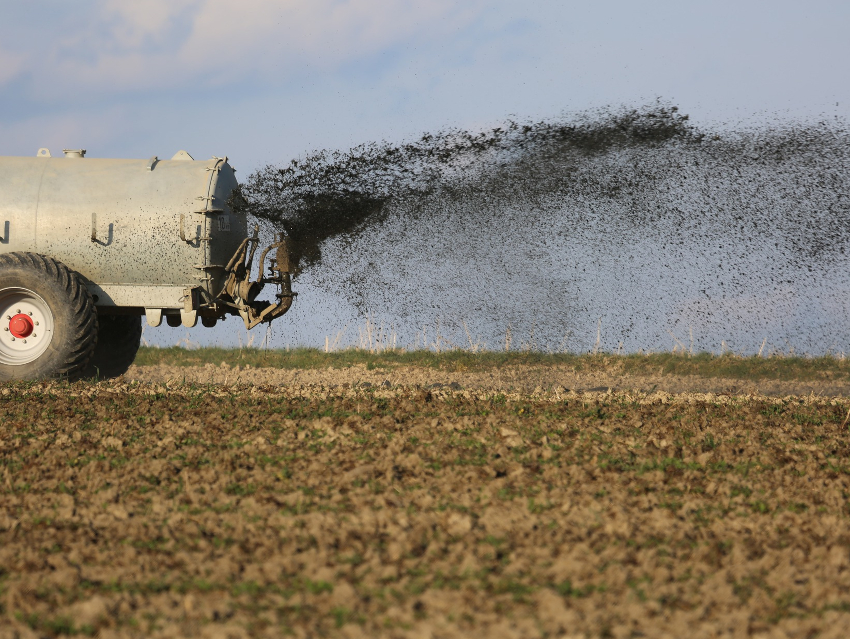Per- and polyfluoroalkyl substances (PFAS) have been produced in large amounts for, e.g., non-stick coatings, water-repellant fabrics, and firefighting foams. However, these highly stable “forever chemicals” have been detected throughout the environment, prompting toxicity concerns.
Although the production of the most concerning PFAS has been banned or voluntarily phased out in many countries, the compounds linger in the environment. Also, some have been replaced with other PFAS that have uncertain environmental and health effects. Humans and livestock can ingest PFAS and excrete them in their waste, and the compounds could leach into wastewater. When waste is applied to agricultural fields as fertilizer, PFAS could contaminate groundwater and accumulate in the crops.
Sébastien Sauvé, Université de Montréal, Canada, and colleagues have characterized multiple classes of PFAS in contemporary and historical organic waste products that were applied to French agricultural lands, including livestock manures, urban sewage sludges, composts, and industrial wastes. The researchers selected 47 samples of organic waste products intended for field application, collected in France from 1976 to 2018 via a network of long-term field experiments. The team analyzed extracts of the samples for PFAS using ultrahigh-performance liquid chromatography coupled to high-resolution mass spectrometry (UHPLC-HRMS).
Over 90 % of the samples contained at least one PFAS, with up to 113 compounds detected in a single sample. The team detected fewer types and lower levels of PFAS in livestock manures than in wastes of urban origin. In the urban wastes, they detected high levels of PFAS compounds that are not commonly monitored, suggesting that previous studies may have underestimated total PFAS levels. Older urban samples contained higher levels of phased-out PFAS, while newer urban samples were dominated by zwitterionic fluorotelomers.
- Target and Nontarget Screening of PFAS in Biosolids, Composts, and Other Organic Waste Products for Land Application in France,
Gabriel Munoz, Aurélia Marcelline Michaud, Min Liu, Sung Vo Duy, Denis Montenach, Camille Resseguier, Françoise Watteau, Valérie Sappin-Didier, Frédéric Feder, Thierry Morvan, Sabine Houot, Mélanie Desrosiers, Jinxia Liu, Sébastien Sauvé,
Environ. Sci. Technol. 2021.
https://doi.org/10.1021/acs.est.1c03697




